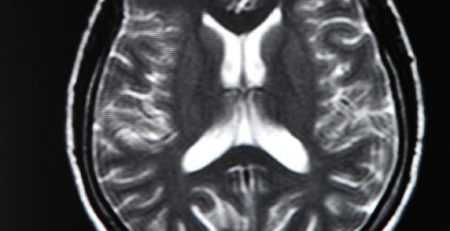Just Three Hours of Exercise a Week Could Lower the Risk of Depression
Depression, according to the World Health Organization, is the most common mental disorder, impacting more than 300 million people worldwide. While a multitude of studies have examined this condition, as well as how exercise may help combat its effects, a new study from researchers at Harvard University is the first to examine what types and amounts of exercise are associated with mental health benefits, as well as whether or not exercise helps prevent depression in people with a high genetic predisposition to depression, The New York Times reports.
The researchers pulled the records of almost 8,000 men and women in the greater Boston area who had agreed to participate in the ongoing Partners Biobank study – a research program designed to help researchers understand how people’s health is affected by their genes, lifestyle, and environment. This gave the researchers access to their DNA samples and electronic health records, as well as answers to a questionnaire regarding their exercise habits. They were also able to examine the participants’ DNA to look for genetic variations believed to increase the risk for depression.
Ultimately, the researchers found physically active people had less risk than sedentary people, and the type of exercise, while light or strenuous, didn’t matter as long as individuals spent three hours a week participating. Each additional 30 minutes of daily activity decreased their risk by another 17%. For those who had previously experienced depression, once they began exercising their risk for experiencing another episode fell. And for those who were genetically predisposed to depression – exercise made them no more likely than inactive people with little generic risk to experience depression.
Read the full study in Depression & Anxiety.














